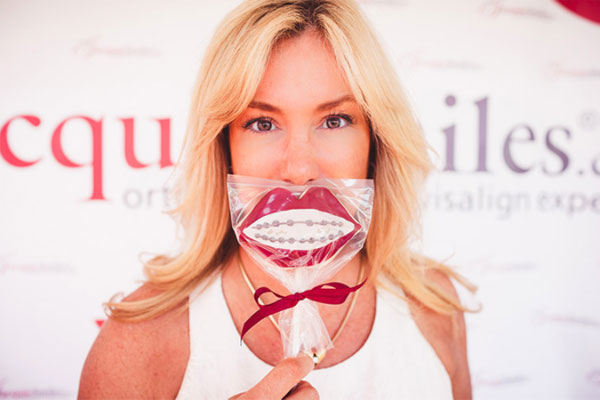There is a breed of people who drive a stick shift, use a push mower and prefer sailboats to motorboats. When faced with the choice of a toothbrush, that purist will certainly choose the dependable, disposable, do-it-yourself toothbrush. But what about those of us who swear by their smartphones, DVRs, and tablet computers? We want the latest and greatest gadgets and tend to be adopters of new technologies.
Regardless of the type of toothbrush you prefer, when used properly, both powered and manual toothbrushes are great options for removing plaque and keeping teeth and gums healthy. So what variables should you consider when deciding on the best toothbrush for you? Here are a few factors to consider:
Your budget
Electric toothbrushes are pricier. However, while high-end options can cost upwards of $100, you can find some effective powered brushes in the $10 range. Remember that you need to add the cost of batteries and replacement brush heads to your toothbrush budget.
Your dexterity
People who have limited manual dexterity – including the very young, the elderly, or those suffering from injury or arthritis – may find it easier to reach and clean areas of their mouth with an electric toothbrush.
Your habits
If you have a hard time brushing regularly, and you find you enjoy the sensation of brushing with an electric toothbrush, then by all means use the brush that will encourage you to brush most often.
Your patience
Regardless of what type of toothbrush you choose, it is important to use it correctly. While some brushes may require circular motions to be effective (for example manual brushes) others may require an angled glide over the teeth (for example power brushes). Brush twice a day, for two minutes each time. Cover the inner, outer and top surfaces of your teeth, and brush all the way down to the gum line. Don’t forget the hard-to-reach areas in the back of your mouth. Please ask your hygienists to advise you on optimal brushing techniques considering your toothbrush selection.
Finally, remember that while brushing and flossing daily will help you maintain good oral health, regular professional cleanings are also vital to keeping your teeth in tip – top shape. If you do have questions about brushing habits, please feel free to give our office a call!
Copyright 2012 Sesame Communications


